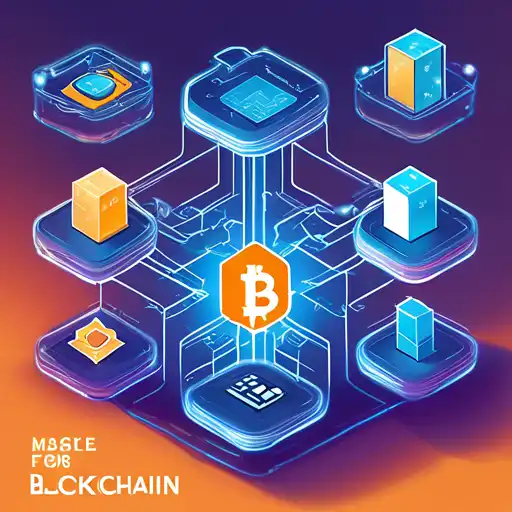What is Blockchain?
Blockchain technology is a decentralized digital ledger that records transactions across many computers in such a way that the registered transactions cannot be altered retroactively. This technology is the backbone of cryptocurrencies like Bitcoin, but its potential applications extend far beyond digital currencies.
How Does Blockchain Work?
At its core, a blockchain is a chain of blocks, where each block contains a list of transactions. Each block is connected to the previous one through a cryptographic hash, forming a chain. This structure ensures the integrity of the blockchain, making it nearly impossible to tamper with the data.
Benefits of Blockchain Technology
Blockchain offers numerous advantages, including:
- Transparency: All transactions are visible to all participants, ensuring trust among users.
- Security: The decentralized nature and cryptographic hashing make blockchain highly secure.
- Efficiency: Blockchain can streamline processes by eliminating intermediaries, reducing costs and time.
Blockchain Beyond Cryptocurrency
While blockchain is synonymous with cryptocurrencies, its applications are vast. Industries like healthcare, finance, and supply chain management are exploring blockchain for solutions like secure patient records, faster cross-border payments, and transparent supply chains.
Getting Started with Blockchain
For beginners interested in blockchain, here are some steps to get started:
- Educate yourself on the basics of blockchain and cryptocurrencies.
- Explore different blockchain platforms like Ethereum, which supports smart contracts.
- Consider investing in cryptocurrencies or developing blockchain-based applications.
Blockchain technology is revolutionizing how we think about digital transactions and data security. By understanding its fundamentals, you can be part of this transformative technology.
For more insights into emerging technologies, check out our related articles.
